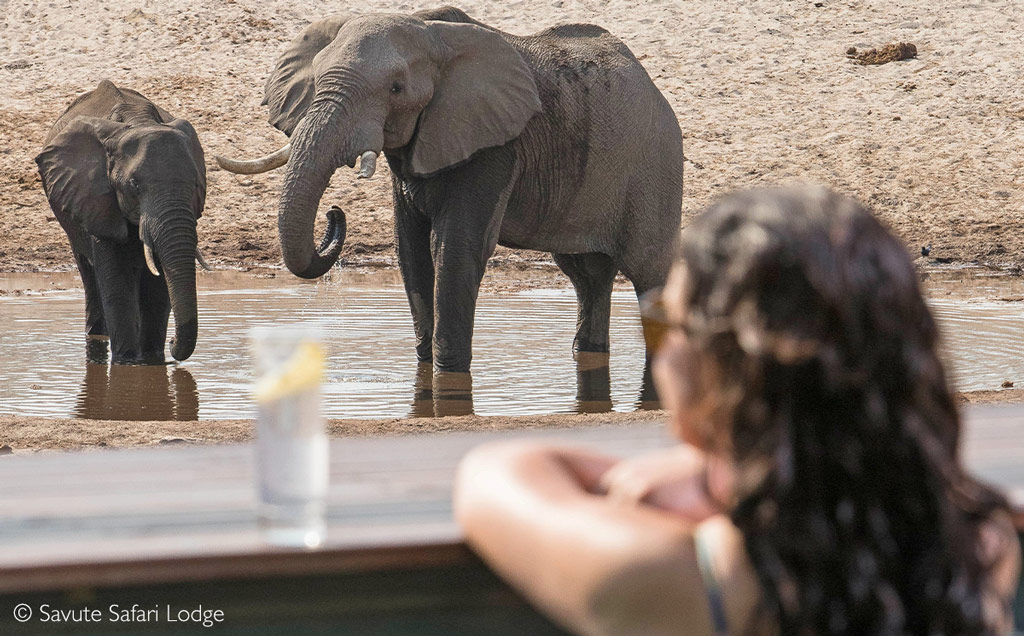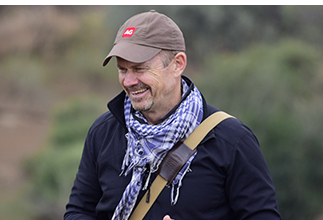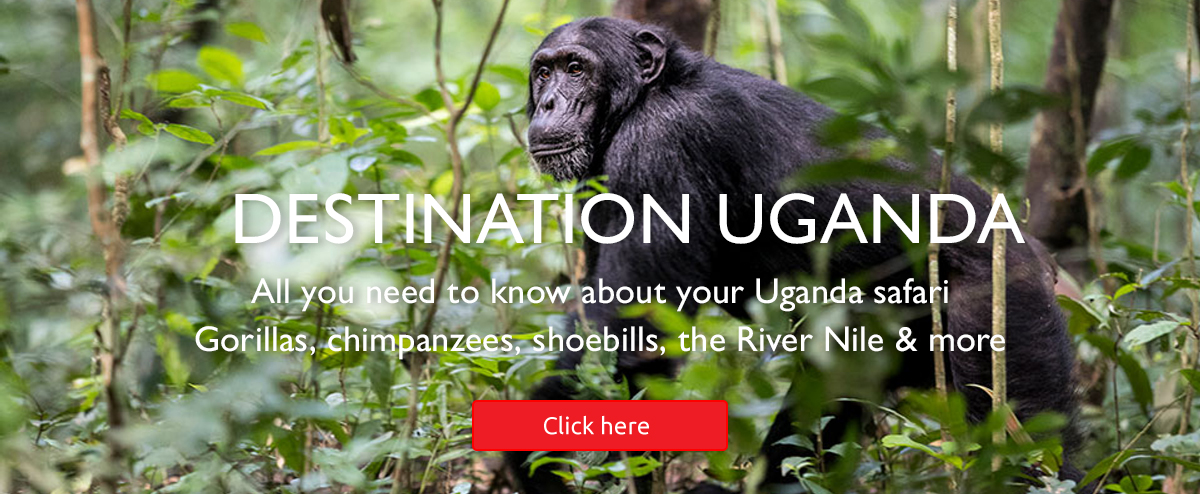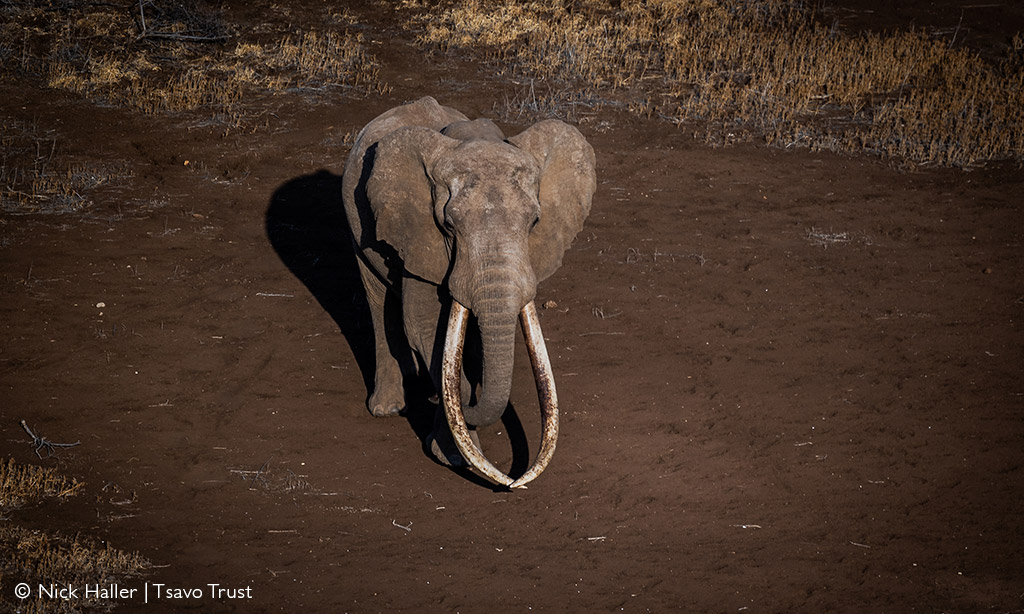
This is a copy of our weekly email newsletter. Subscribe here to receive the newsletter.
Rhino rewild backstory + Kidepo Valley + Sabi Sands luxury safari

It’s time to give you a rare glimpse behind the scenes of African Parks’ outrageously audacious plan to rewild 2,000 farmed white rhinos.
It’s no secret that their plan is well underway and that several hundred of these chubby unicorns are now thriving in the bushveld. Press releases by African Parks have provided the details, but no one that I know of has provided a personal account of the capture and release process. Until now.
My story below describes an incredible journey I took a few months back. Amongst other contextual information, I also explore why southern white rhino populations dropped below 100 in the first place. Spoiler alert: it was not due to poaching to supply rhino horn to the Far East markets.
Thanks to Mongabay for co-publishing my story – although our story below includes a few more personal anecdotes for our AG tribe to enjoy!

Simon Espley – CEO, Africa Geographic
From our Editor – Taryn van Jaarsveld

Seals have been behaving very badly in the Western Cape of South Africa.
In the past few months, there have been many reports of Cape fur seals chasing beachgoers, biting swimmers, terrorising surfers and being uncharacteristically aggressive. A few weeks ago, scientists finally confirmed the cause: an outbreak of rabies amongst the region’s Cape fur seal population. This is the first ever documented rabies outbreak in marine mammals. The latest report confirms seals continue to wash ashore and that seventeen seals have tested positive for rabies.
With seals living in dense colonies, the chance of transmission between animals is high. Now, scientists are trying to mitigate the risk of seals spreading the disease onto other marine mammals further afield, such as to the Subantarctic and the Southern Ocean regions, through visiting elephant seals and Subantarctic fur seals. Procedures for vaccinating seals are being developed. The outbreak has, needless to say, shocked the experts. Watch this space.
You’ll find Simon’s story on African Parks’ bold rhino project below, and don’t miss our exploration of Uganda’s unique Kidepo Valley National Park – a birder’s paradise.

DID YOU KNOW?
We donate a portion of the revenue from every safari sold to carefully selected conservation projects that make a significant difference at ground level. YOUR safari choice does make a difference – thank you!
Story 1
https://africageographic.com/stories/rhino-rewild-is-this-the-most-critical-wildlife-conservation-undertaking-of-our-time/
RHINO REWILD
Simon Espley attended the pioneer stage of a visionary project to translocate 2,000 farmed rhinos into the wild. Here’s his story
Story 2
https://africageographic.com/stories/kidepo-valley-national-park-a-valley-of-wonders/
KIDEPO VALLEY
Discover Uganda’s Kidepo Valley NP: a birder’s paradise & home to diverse wildlife, unique landscapes & rich culture
 TRAVEL DESK:
TRAVEL DESK:
Looking for a relaxing beach retreat on the island paradise of Zanzibar? Or how about the ultimate luxury safari to three of Southern Africa’s most popular tourist destinations? Browse our handcrafted safaris below or click here for free safari planning.
Not sure when to join us on safari? Not to worry, we have created a month-by-month guide for you here

Meet super tusker Balguda
Balguda the elephant was first recorded as an emerging tusker in 2014, in Tsavo East National Park Today, he is most likely Tsavo’s largest elephant.
We have partnered with Tsavo Trust to save some of Africa’s last remaining tuskers. Tsavo Trust monitors and conserves the elephant populations of the Tsavo Conservation Area, specifically focusing on tuskers. An estimated 50–100 tuskers remain in Africa, of which at least eight reside in Tsavo.
Elephants with tusks that touch the ground are a natural rarity and they are under constant threat from poachers seeking ivory, and trophy hunters actively targeting tuskers (outside of Kenya).
We invite you to support Tsavo Trust by donating via our Guarding Tuskers campaign. Your generous donation will allow their aerial and ground monitoring teams to continue protecting these magnificent elephants.

 WATCH: August and September are Africa’s most popular safari months, with good reason – book early! Watch this video for a taste of your August/September safari. (02:09) Click here to watch
WATCH: August and September are Africa’s most popular safari months, with good reason – book early! Watch this video for a taste of your August/September safari. (02:09) Click here to watch
For more videos celebrating Africa, check out our videos here
To comment on this story: Login (or sign up) to our app here - it's a troll-free safe place 🙂.![]()






